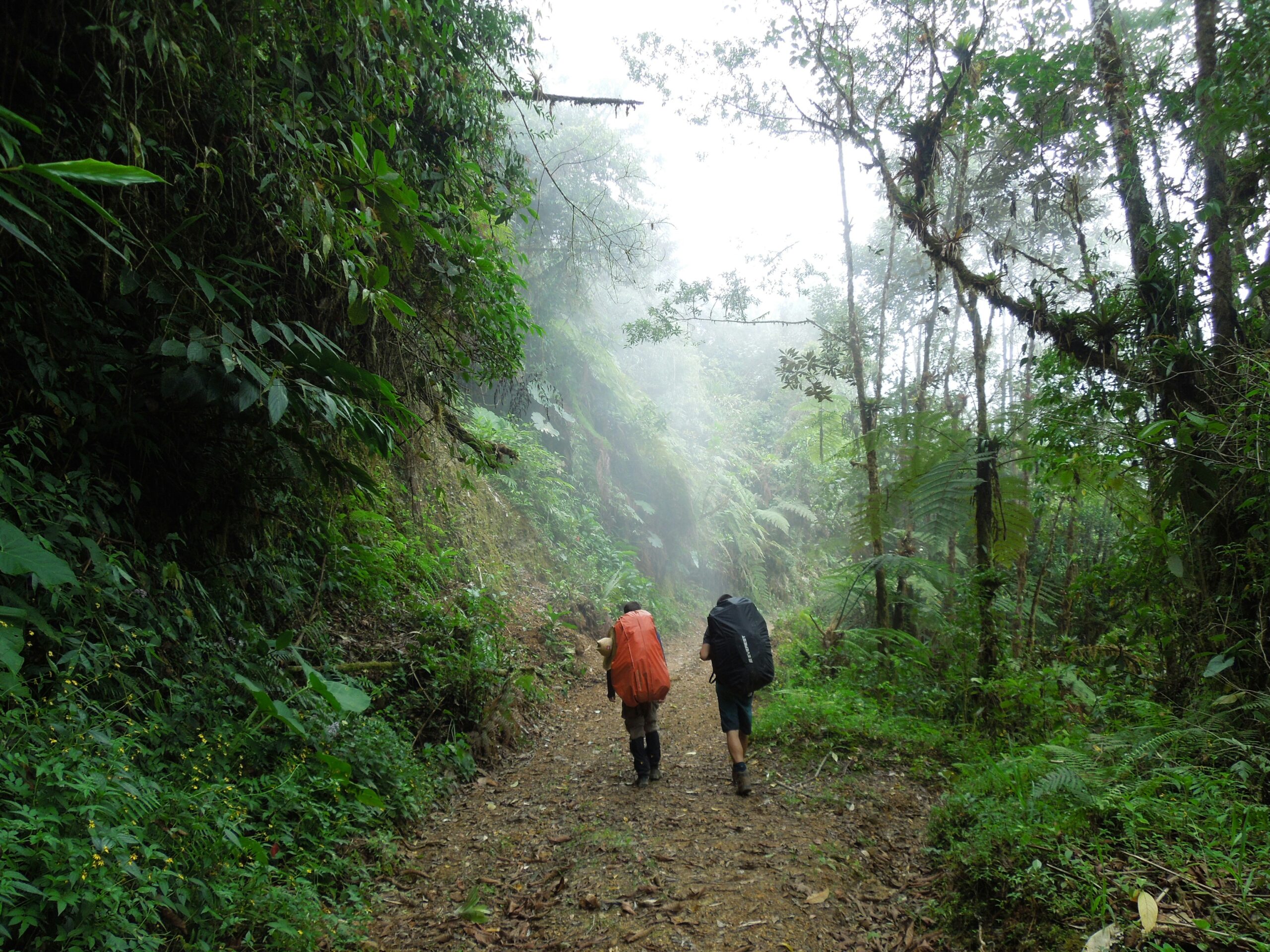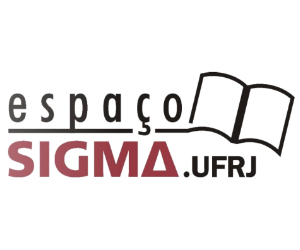Uma formação acadêmica internacionalizada é imprescindível para o desenvolvimento de capacidades intelectuais e a qualificação de quadros científicos. Essa demanda contrasta com uma drástica contenção orçamentária nacional e internacional contemporânea, num quadro atinge as Ciências Humanas mais fortemente.
Os laboratórios Sephis e LabHen promovem o workshop “Trilhas acadêmicas: ciência e financiamento” que tem como objetivo apresentar a discentes do PPGHIS/UFRJ possibilidades introdutórias de financiamento e estratégias para identificar oportunidades institucionais e financeiras. Estas são habilidades necessárias para realizar um doutorado ou pós-doutorado no exterior coerentes com suas motivações, e com impacto no ambiente que atuam.
Contribuições
- Redação de projetos de pós-doutorado: conectando motivações pessoais e impacto social – Dr. Luis Toledo Machado | CISPAC, Centro de Pesquisa Interuniversitária em Paisagens Atlânticas Culturais, Universidade de Santiago de Compostela e LabHen, PPGHIS/UFRJ
- Becoming an international researcher in the Netherlands: Opportunities and strategies – Dra. Sylvia van Glabbeek | Regional coordinator Latin America, International office, Free University, Amsterdam
- “Uncertainties” – Incertezas | edital da Fundação Zeit Bucerius Stiftung (Hamburgo) para bolsas de pré-doutorado, doutorado pleno e completude de doutorado – Prof. Claudio Pinheiro | PPGHIS/IH/UFRJ e Sephis, Conselho da Fundação Zeit Bucerius
Para participar, preencha o seguinte formulário: https://forms.office.com/e/JA8B4MpfPD
Local: Sala Werneck, PPGHIS e Híbrida
Data: 7 de maio de 2025
Horário: das 14:00 às 17:00
Contribuições
- Redação de projetos de pós-doutorado: conectando motivações pessoais e impacto social – Dr. Luis Toledo Machado | CISPAC, Centro de Pesquisa Interuniversitária em Paisagens Atlânticas Culturais, Universidade de Santiago de Compostela e LabHen, PPGHIS/UFRJ
- Becoming an international researcher in the Netherlands: Opportunities and strategies – Dr. Sylvia van Glabbeek | Regional coordinator Latin America, International office, Free University, Amsterdam
- “Uncertainties” – Incertezas | edital da Fundação Zeit Bucerius Stiftung (Hamburgo) para bolsas de pré-doutorado, doutorado pleno e completude de doutorado – Prof. Claudio Pinheiro | PPGHIS/IH/UFRJ e Sephis, Conselho da Fundação Zeit Bucerius
Organização: Dr. Claudio Pinheiro e Dra. Lise Sedrez
Sylvia van Glabbeek – Regional Coordinator Latin America, International Office – Vrije Universiteit Amsterdam
Sylvia trabalha na Vrije Universiteit Amsterdam desde 2017. Ela começou como representante da universidade para a América Latina, promovendo programas de bacharelado e mestrado na região. Ao longo dos anos, sua função se expandiu para incluir o desenvolvimento de parcerias estratégicas, a criação de projetos de pesquisa conjuntos e a coordenação da mobilidade acadêmica entre a América Latina e a Holanda. Com formação em Estudos da Comunicação e como fundadora de sua própria empresa de treinamento em comunicação intercultural, ela se especializou em culturas latino-americanas e colaboração intercultural. Sylvia é fluente em holandês, inglês e espanhol e atualmente está aprendendo português. Ela é uma entusiasta de intercâmbios acadêmicos significativos e sustentáveis e acredita que a verdadeira internacionalização requer sensibilidade cultural, aprendizado mútuo e comprometimento de longo prazo.
Luis Toledo Machado
Pesquisador de pós-doutorado na Universidade de Santiago de Compostela (Espanha), vinculado ao Centro de Pesquisa Interuniversitária em Paisagens Atlânticas Culturais (CISPAC). Investiga o papel das comunidades rurais alternativas como agentes de transformação das relações entre ser humano e natureza. Doutor em História Contemporânea pela Universidade Autônoma de Madri (2023), é membro dos grupos de pesquisa HISTAGRA e HISTOPIA, do Conselho Editorial da Revista de Estudios Utópicos REUTOPÍA e fez um estágio acadêmico na Universidade de Princeton (EUA). Atualmente desenvolve trabalho de pesquisa no Laboratório de História e Natureza (LabHeN).
Claudio Pinheiro
Professor no Instituto de História e no PPGHIS/IH/UFRJ, Coordenador da Sephis Laboratório Sul-Norte-Sul de Pesquisa e Intercambio sobre Desenvolvimento, Teoria Social e Pensamento Crítico em Ciências, Conselheiro da Fundação Zeit Bucerius (Hamburgo, Alemanha)











